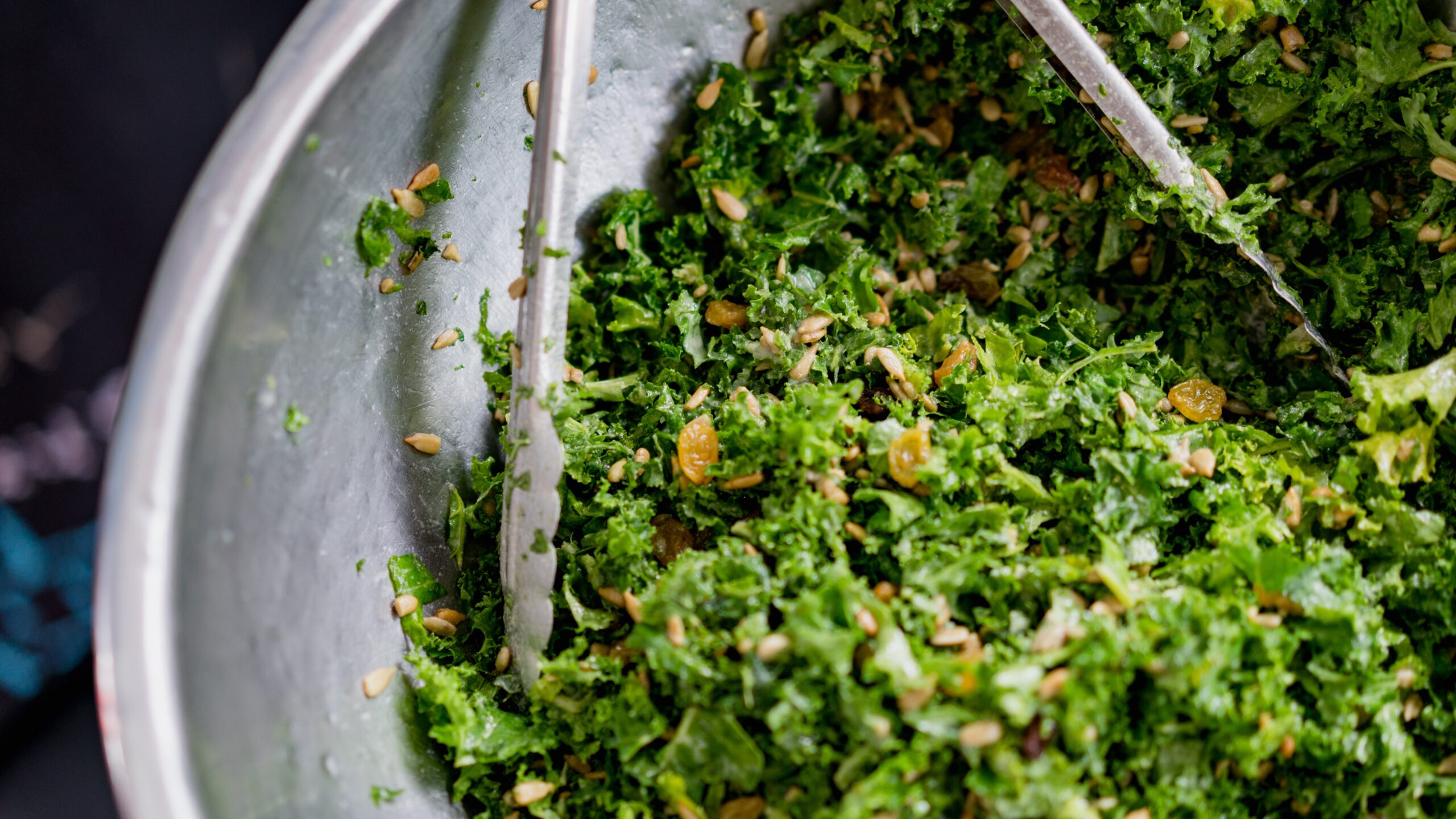Improve ADHD Focus and Concentration with Natural Remedies
Courtney Cosby | ADD Resources|Updated: April 21, 2025
Table of Contents

It is no secret that individuals with ADHD struggle with concentration and the ability to stay focused.
Although the key features of attention-deficit hyperactivity disorder include inattention, hyperactivity and impulsivity, most sufferers of ADHD find the hardest symptom to deal with to be the inability to focus or concentrate. High distractibility is a major symptom in both children and adults with ADHD and is one of the primary diagnosis criterions.
Inability to focus is a typical problem for adults and children alike who struggle with symptoms of ADHD when found in settings that either make them nervous or bore them.
This is a problem for students who must sit through classes as well as adults who have to focus and listen during meetings. Individuals with ADHD are often met with an impulsive urge to get up and do something in order to stay focused or find their thoughts to be wandering off, thinking about something else.

Treatment Methods for ADHD
Before diving into natural treatments, let’s look at the most common treatment methods for ADHD. These methods can involve:
- Medications such as:
- Strategies to change one’s behavior
- Training for parents of children with ADHD
- Educational programs for children with ADHD
Unfortunately, many individuals find medications to be ineffective in treating their inattentiveness. Others opt to avoid medications for health related reasons, including side effects.
Effects of Medications
Medication therapy is a form of treatment administered to many individuals with ADHD. The most common medications used in the treatment of ADHD are referred to as stimulants.
Although these drugs can be effective in reducing symptoms, some individuals experience a range of difficult side effects.
Side effects of stimulants may include:
- Decreased appetite
- Sleep problems
- Headaches
- Stomachaches
- Tics
- Moodiness and irritability
- Rebound (irritability once medication wears off)
- Delayed growth
A study by The Institute for Safe Medication Practices revealed a list of the worst prescription medications known to cause violent behavior. Several prescription drugs administered for ADHD were included on the list, including the most common amphetamine drugs used in treatment plans.
These side effects can be burdensome. As a result, some individuals opt for more natural remedies.
Natural Remedies for Improved Focus and Concentration
Whether you have chosen to travel a more natural route in the treatment of your ADHD or you simply wish to augment your prescription treatment plan with natural alternatives for a boost in improvement of symptoms, these natural remedies can help you to find your focus. From diet to vitamins and herbs along with a bit of exposure to nature, you too may be able to find success with improving your focus and concentration.
Buffering
Although it can be difficult (especially at first), there are many ways to boost one’s focus in situations like the one mentioned in the beginning of this article. When an individual is required to be still and focus for a period of time, the implementation of alternate activities may help to improve their ability to focus. These measures are often referred to as “buffering.”
According to the Evidence-Based Practice Manual, buffering is an “intervention that mediates another effect.” This means that when an individual is facing a stressful situation, a counter measure that relaxes them may help. Buffering can take place in many forms:
- Doodling
- Fidgeting (locking and unlocking their fingers rhythmically)
- Exercise or other forms of movement
- Listening to music (in situations that are suitable)
These measures may not be ideal for every situation but they can help when possible.
Diet
According to Dr. Sandy Newmark, founder of the Center for Pediatric Integrative Medicine in San Francisco and author of ADHD without Drugs: A Guide to the Natural Care of Children with ADHD:
“Nutrition can really make a huge difference in the success of both adults and children with ADHD.”
Certain foods and diet can help to improve mental clarity in individuals with ADHD. By eating certain foods (and avoiding some), one may experience a significant change in symptoms.

Protein and Complex Carbohydrates
Protein-rich foods are important in the brain’s manufacturing of neurotransmitters, which are chemicals released by brain cells that are used to communicate with each other. Protein offers beneficial effects on symptoms of ADD.
Complex carbohydrates that are low in sugar and high in fiber can help to better manage ADHD symptoms, with or without medication. Carbohydrates are important because they are digested into sugar, or glucose, which is vital to many bodily processes.
However, it is important that an ADHD diet includes complex carbohydrates and excludes simple carbs, like any white flours (including white pancakes, breads or waffles) or sugary foods. These cause blood sugar levels to shoot up quickly and then shortly after, bottom out. This can result in inadequate blood sugar levels, leading to stress and inability to concentrate and work efficiently.
Avoid Chemicals and Artificial Additives
Studies have found that artificial additives can make any individual more hyperactive, thus exacerbating symptoms of hyperactivity in children who are susceptible to it. Read food ingredient labels to ensure that foods are additive free. Foods that typically have additives include (but are not limited to) pre-packaged salty snacks, candy and sugary drinks.
Consider Food Sensitivities
Many research studies have proven that a large amount of individuals with ADHD are sensitive to certain foods. If an individual has a food sensitivity that goes undiagnosed, when they eat these foods, it can make their ADHD symptoms worse.
If you suspect certain foods are causing symptoms in yourself of your child, consider eliminating them for two or three weeks to see if symptoms improve.
Supplements
Our bodies don’t always produce the nutrition we need. Certain vitamins, supplements and herbs may be missing from our diets. By supplementing, we can potentially diminish symptoms of ADHD.
Please check warning labels and consult with your doctor or nutritionist before taking any supplements.
Omega 3s
Omega-3 fatty acids are good for more than just heart health. Individuals with ADHD have found significant behavioral improvement when taking omega-3s. Consider taking fish oil to get your daily dosage. Dr. Edward Hallowell recommends that adult take up to 5,000 mg per day and children up to 2,500 mg per day in order to help maintain ADHD symptoms.
Vitamins
Check your iron, zinc and magnesium levels. If any of your levels are out of range, you can expect to benefit from supplementation. Studies have shown that individuals with ADHD can be more prone to lower levels of these minerals. Iron can help improve behavior, zinc is known to counterbalance impulsivity and magnesium improves relaxation and sleep.
Another vitamin to consider taking is vitamin C which helps to modulate the neurotransmitter dopamine in the brain.
A good night’s sleep is also important in maintaining symptoms of ADHD. Individuals may find improved sleep by taking melatonin or valerian root. Melatonin is helpful in helping the body to relax for a solid night of sleep. Valerian helps to calm hyperactivity and can reduce anxiety.
Other helpful herbs to consider include ginseng, St. John’s Wort, rhodiola and ginkgo.
It is important that you check with your doctor before combining vitamins, herbs and other supplements with a medication treatment plan. Some drugs interact negatively with certain herbs so this is vital for your health and safety.
Nature
It is only fitting that nature itself be included in this list of natural remedies to help improve focus and concentration. Regular exposure to green space and outdoors is a natural and safe treatment that is greatly beneficial for people with ADHD.

The Proof is in The Pudding
- One study released by the National Institutes of Health examined the impact of natural settings on children with ADHD symptoms. Children were found to exhibit a reduced amount of ADHD symptoms when exposed to activities in green outdoor settings as opposed to activities that took place in both indoor settings and built outdoor settings.
- Another study found that green settings not only improved attention in children, but the greener the setting, the greater level of focus children exhibited.
- Evidence has shown that children with ADHD greatly benefit from spending time outdoors. Even spending just 20 minutes outside can help to improve concentration.
Not only is spending time outdoors helpful in improving focus and concentration in children but it is beneficial for adults as well.
Here we a natural remedy that can be used in the place of psychotropic drugs, can decrease stress levels, can promote overall physical health and can support brain integration and development all by stepping outdoors and enjoying the benefits of nature.
Exercise outside, go for leisurely walks, let your child ride their bike, go for nature walks or simply sit outside and work or study and you will be reaping the benefits that nature has to offer.

Get More Focused Today
Enter your email below for instant access to 5 strategies for unleashing your ADD and ADHD.
I love Cellvamp Supplement. It has definitely increased not only my focus and concentration but has also made me more calm and relaxed with no side effects. I’ve been using Cellvamp Supplement for about three weeks now and plan to continue to use it as part of my daily routine. I work in a high-stress environment and this has positively made a difference.
Thanks so much for sharing Adrian. I’ve recently been experimenting with L-Tyrosine and 5-HTP as I cycle on and off of Vyvanse (first time I’ve ever tried prescription medication, and was 34 years old when I did) and they seem to really help with the “come down” and feelings of mental exhaustion when the medication wears off.